39 carbohydrates on food labels
Reading Food Labels for Carbohydrates - dummies To find the amount of carbohydrates in your foods, follow these steps: Look for the line that reads "Total Carbohydrate" on the label. The value on this line will tell you how many grams of carbohydrates are in one serving of the food. Check the number of servings per container to see if your package has one or more servings. How To Figure Out The Carbs On Nutrition Labels - Eat Out ... Trying to interpret the carbohydrates on nutrition facts labels can be downright confusing. There's a number for total carbohydrates but then there are subheadings for dietary fiber, sugars, and sometimes insoluble fiber, sugar alcohols, and other carbohydrates. What Does Everything Mean? Total Carbohydrate, shown in grams, is first.
Food labels - NHS Most pre-packed foods have a nutrition label on the back or side of the packaging. These labels include information on energy in kilojoules (kJ) and kilocalories (kcal), usually referred to as calories. They also include information on fat, saturates (saturated fat), carbohydrate, sugars, protein and salt.

Carbohydrates on food labels
Reading food labels: Tips if you have diabetes - Mayo Clinic Less than 5 grams of carbohydrates a serving Do the math Pay attention to serving sizes. The serving sizes listed on food labels may be different from the serving sizes in your meal plan. If you eat twice the serving size listed on the label, you also double the calories, fat, carbohydrates, protein, sodium and other ingredients. Understanding Nutritional Labels | Beaumont | Beaumont Health Food labels will help you understand how many carbohydrates are in your food and how much fiber and sugar are included as well. As a general rule, the more fiber and the less sugar there is in the carbohydrate, the better it is for your body. Under the carbohydrate listing on food labels, you will the following as well: Dietary fiber Sugars Interactive Nutrition Facts Label - Food and Drug ... Sodium 430mg 17% Total Carbohydrate 46g 25% Dietary Fiber 7g Total Sugars 4g 4% Includes 2g Added Sugars Protein 11g 10% Vitamin D 2mcg 20% Calcium 260mg 35% Iron 6mg 6% Potassium 240mg The % Daily...
Carbohydrates on food labels. Low Carb Guide to Understanding Nutrition Labels Aim for 5g per day: 3g from food and salting your food to taste and an additional 2g from boullion. 6. Total Carbohydrate. The carbohydrate count is given as total grams, and then broken down into carbs from fiber and sugar. Focus on total carbohydrate. Sugar should be zero as often as possible (1-2g at most). LABEL READING: CARBOHYDRATES AND SUGARS — Theresa Wright ... "Sugar" is one of two subheadings beneath "Total Carbs" on a food label. A serving's total sugar content appears in grams but not as a percentage of your daily intake. The word "sugar" includes a variety of simple sugars, which are compounds that your body can easily break down for immediate use. Food Labels | CDC If you eat the whole thing, you are eating 8 times the amount of calories, carbs, fat, etc., shown on the label. Total Carbohydrate shows you types of carbs in the food, including sugar and fiber. Choose foods with more fiber, vitamins, and minerals. Choose foods with lower calories, saturated fat, sodium, and added sugars. Avoid trans fat. Food Labels and Counting Carbs - dummies Total Carbohydrate is listed in grams. Because %Daily Value is written in bold and off to the right side of the label, and lined up neatly with the actual amount, it is easy to allow your eye to zero in on the %Daily Value rather than the actual amount in grams.
How to Understand and Use the Nutrition Facts Label | FDA Dietary fiber, vitamin D, calcium, iron ad potassium are nutrients on the label that Americans generally do not get the recommended amount of. They are identified as nutrients to get more of.... How to Read Carbohydrates on Nutrition Labels|How to Read ... Breakdown of the Label. If we break down the carbohydrates section of a nutrition label it usually has 3 parts. Carbohydrates-Sugars-Dietary fibre. The top carbohydrates row is the total amount of carbs present. Made up of all the sugars, dietary fibre and starch, which is the remaining amount after the sugar and fibre. What Is the Difference Between Sugar & Carbs on Food Labels? Dietary fiber is part of the total carbohydrates, but unlike sugar and starch, fiber is not digestible. The percent daily value corresponds to 25 grams. Some food labels also make the distinction between soluble and insoluble fiber, the two types of fiber found in foods. How to Read a Food Label | Atkins When you look at most food labels, you won't see a number representing the grams of carbs that impact your blood sugar. These high-glycemic carbs are the carbs that you need to count known as the Net Carb count. Fortunately, you don't have to be a food scientist or math whiz to figure it out.
Learning To Read Labels :: Diabetes Education Online On a nutrition food label, subtract the fiber from the total carbohydrate amount. When you read food labels, the grams of sugar are already included in the total carbohydrate amount, so you do not need to count this sugar amount separately. The grams of sugar listed include both natural sugars, from fruit or milk, and added sugars. What's the Difference between Carbohydrates & Sugar on ... Carbohydrates - 3g. Of which sugars - 2.8g. For this example, you'd count 3g carbohydrates and the sugar amount of that total is 2.8g. Sugar is found in many forms such as sweets, fizzy drinks and desserts. However sugar is also found in other foods like sauces, condiments, bread and other savoury foods. Always check labels on foods that ... Added Sugars on the New Nutrition Facts Label | FDA The new Nutrition Facts label can help you compare and choose foods that are lower in added sugars. Check the label to see if foods are LOW or HIGH in added sugars. 5% DV or less is a LOW source ... Food Labels: Carbohydrates | Home & Garden Information Center According to nutrition experts, carbohydrates should provide 45-65% of your total daily calories. That means carbohydrates should supply 900 calories or more in a 2,000-calorie-a-day diet. Facts on Food Labels Food labels contain clues to a food's carbohydrate content, including the amount per serving.
Interactive Nutrition Facts Label - Food and Drug ... Sodium 430mg 17% Total Carbohydrate 46g 25% Dietary Fiber 7g Total Sugars 4g 4% Includes 2g Added Sugars Protein 11g 10% Vitamin D 2mcg 20% Calcium 260mg 35% Iron 6mg 6% Potassium 240mg The % Daily...
Understanding Nutritional Labels | Beaumont | Beaumont Health Food labels will help you understand how many carbohydrates are in your food and how much fiber and sugar are included as well. As a general rule, the more fiber and the less sugar there is in the carbohydrate, the better it is for your body. Under the carbohydrate listing on food labels, you will the following as well: Dietary fiber Sugars
Reading food labels: Tips if you have diabetes - Mayo Clinic Less than 5 grams of carbohydrates a serving Do the math Pay attention to serving sizes. The serving sizes listed on food labels may be different from the serving sizes in your meal plan. If you eat twice the serving size listed on the label, you also double the calories, fat, carbohydrates, protein, sodium and other ingredients.



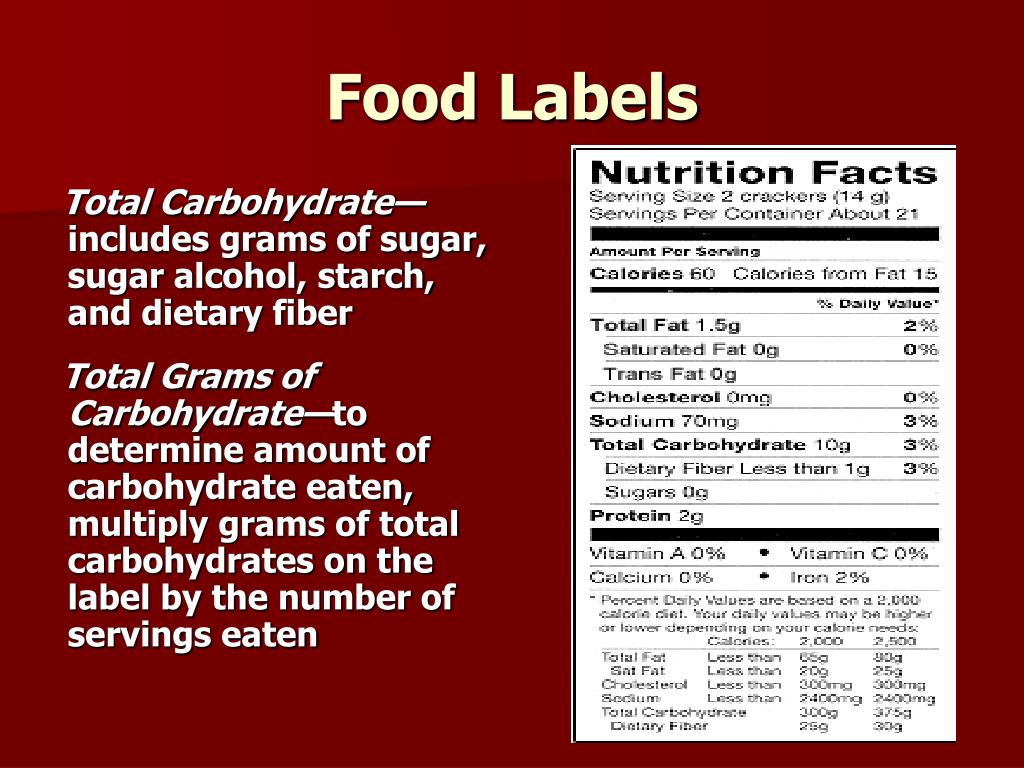
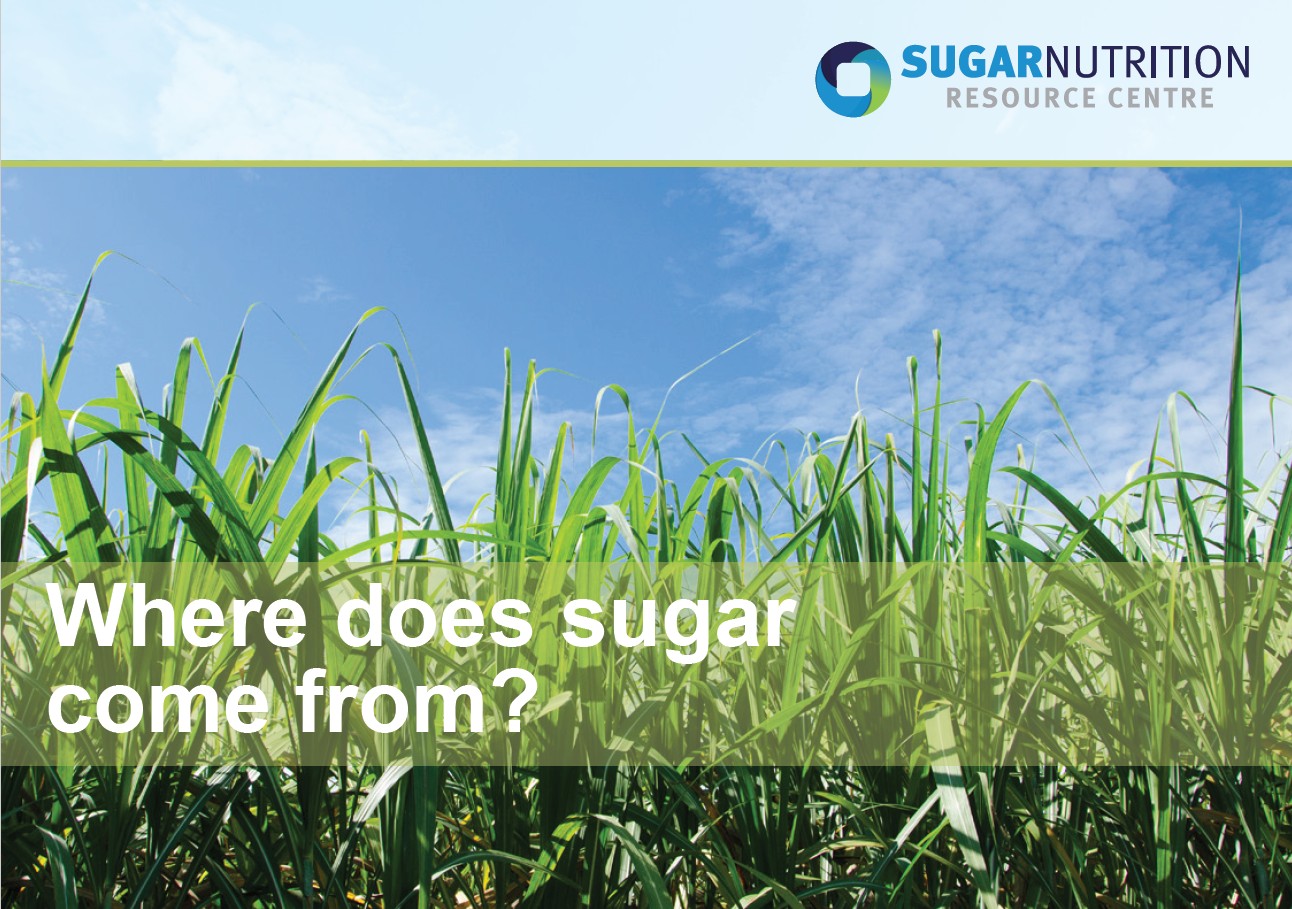



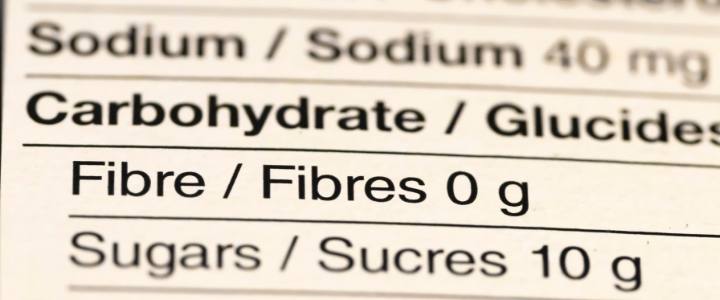

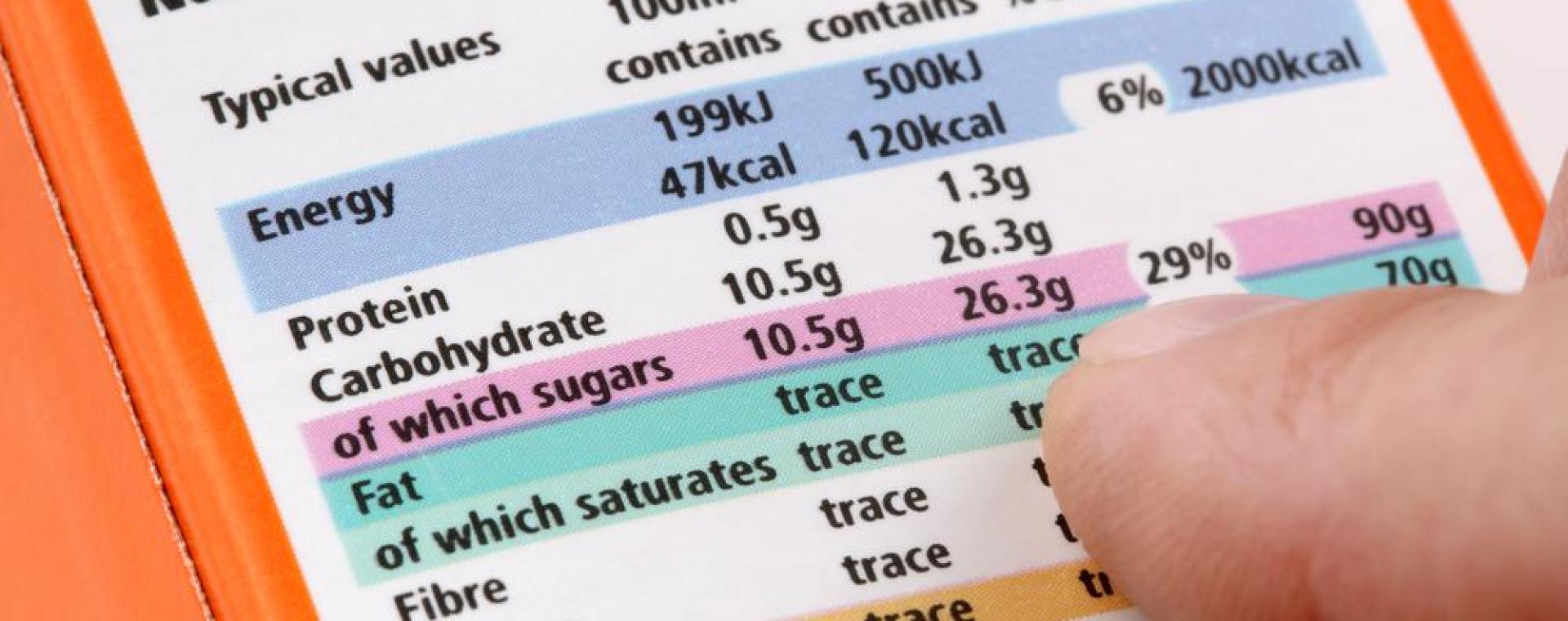

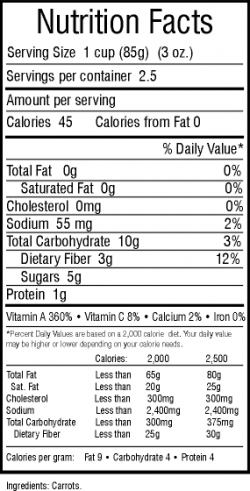
Post a Comment for "39 carbohydrates on food labels"